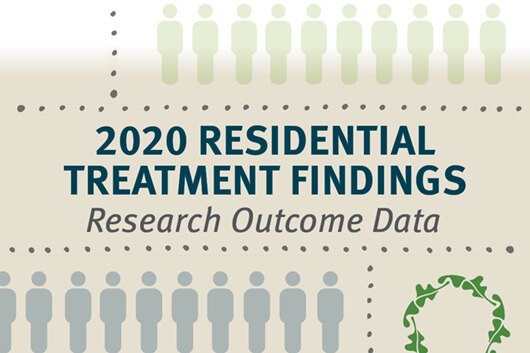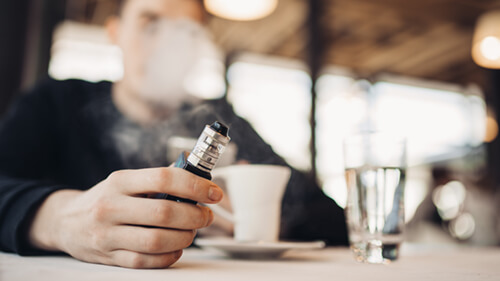It should come as no surprise that the rates of substance use are more prevalent in the LGBTQIA+ population. A correlation exists between the social, mental health, and financial issues that impact the LGBTQIA+ and substance use. Data reported in the 2015 National Survey on Drug Use and Health Substances showed that adults who identify as LGBTQIA+ were more than twice as likely as heterosexual adults to use illicit substances or alcohol.
Understanding the specific challenges that the LGBTQIA+ community faces on a daily basis helps explain why the rates of substance use disorder are higher in this demographic. Knowing that there is treatment available that addresses the needs and concerns of the LGBTQIA+ population can be a source of comfort when taking those first steps on the path to recovery.
The LGBTQIA+ Community and SUD
Individuals who identify as lesbian, gay, bisexual, transgender, or queer have unique life issues related to their gender identity. Even in our modern society, people who identify as LGBTQIA+ regularly face acts of discrimination. Many encounter barriers in their professional life, tension in their family relationships, and even open contempt within society. Consider these three areas of particular difficulty that could lead someone to access substances as a mode of escape or relief:
- Social Rejection. Open hostility against individuals from the community still exists. This overt rejection can cause feelings of shame, guilt, and loneliness. Social rejection can lead to substance use, as well as unhealthy isolating behaviors, eating disorders, depleted wellness, and depression.
- Bullying. Another possible factor for increased substance use involves bullying. LGBTQIA+ individuals regularly endure ridicule in the workplace, at school, or in their local community due to their sexual identity. Bullying, assault, and harassment are extremely common for LGBTQIA+ individuals.
- Gender Dysphoria. Although born of a particular biological gender, individuals who struggle with gender dysphoria do not identify with their assigned gender. This may lead to depression and anxiety, which can fuel the use of substances to help self-medicate the uncomfortable mental health symptoms.
The LBGTQIA+ Community and Mental Health
It is hard to go through daily life feeling rejected, bullied, or marginalized because of gender identification. The mistreatment can trigger feelings of frustration, sadness, low self-worth, and isolating behaviors. Members of the LGBTQIA+ community feel constantly challenged by those who reject them as valuable members of society.
In more extreme cases, the effects of discrimination can impact every aspect of daily life. In fact, the National Association of Mental Illness reports that LGBTQIA+ individuals are nearly three times more likely to suffer from a mental health disorder such as depression or generalized anxiety. In addition, teens that identify as LGBTQIA+ have higher rates of suicidal ideation and suicide.
Dual diagnosis, or the existence of co-occurring substance use and mental health disorders, is more common among the LGBTQIA+ population. Higher rates of mental distress are reported in this community, often triggering a substance use problem.
The LBGTQIA+ Recovery Community
There are, thankfully, LGBTQIA+ friendly treatment centers that provide specialized programs that address the particular needs of this population. When seeking addiction recovery, a program that is compassionate towards individuals with an alternative sexual identity will translate as more welcoming and supportive. This leads to a higher level of engagement and success within the treatment setting.
Finding a supportive rehabilitative setting that is not biased or judgmental is important to anyone who seeks treatment for a substance use disorder. It is even more important to individuals who face discrimination regularly. The underlying issues or life events that can fuel a substance use disorder, such as negative life events, relationship problems, mental health conditions, or family discord, are universal regardless of sexual orientation. However, for those in the LGBTQIA+ community support is often uneven.
Finding a supportive LGBTQIA+ recovery community, both during treatment and beyond, is imperative. In recovery, individuals need to feel welcomed, accepted, and safe among their recovery support network. Within this type of supportive environment, people of all persuasions, including those in the LGBTQIA+ community, will thrive and heal.
Ashley Addiction Treatment, formerly Father Martin’s Ashley, is a nationally recognized nonprofit leader in integrated, evidence-based treatment for substance use disorders and is accredited by The Joint Commission. We offer both inpatient and outpatient programs, holistic addiction treatment, drug detox, relapse prevention plans, family wellness programs and a variety of other services tailored to each patient’s needs. Our driving principle — “everything for recovery” — reinforces our mission to heal each individual with respect and dignity, and reflects on our ongoing commitment to meet new challenges. For information about our comprehensive programs, please call (866) 313-6307.




